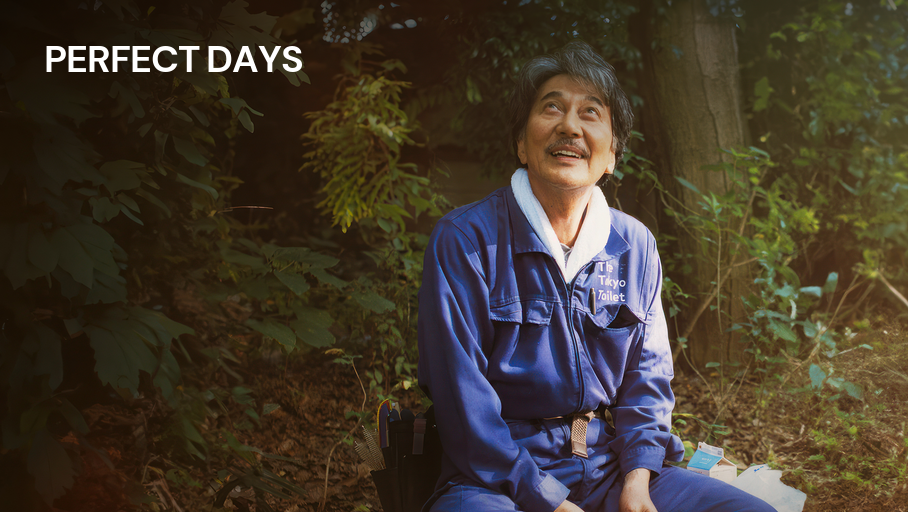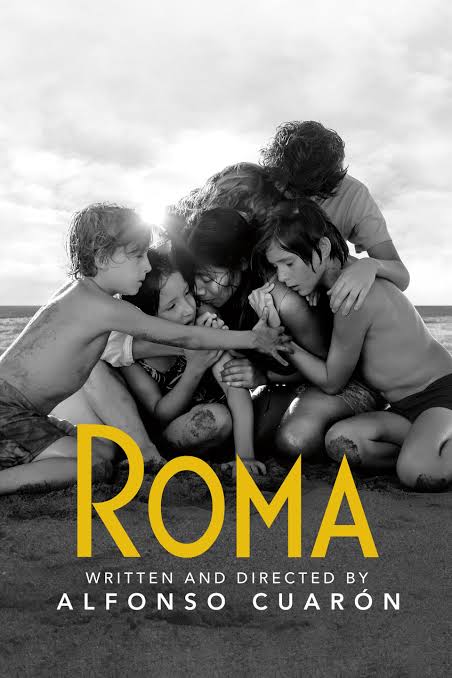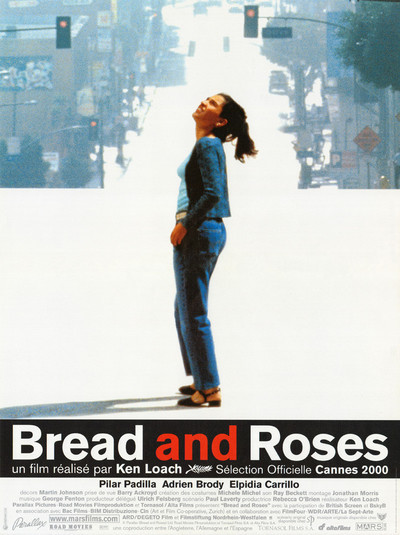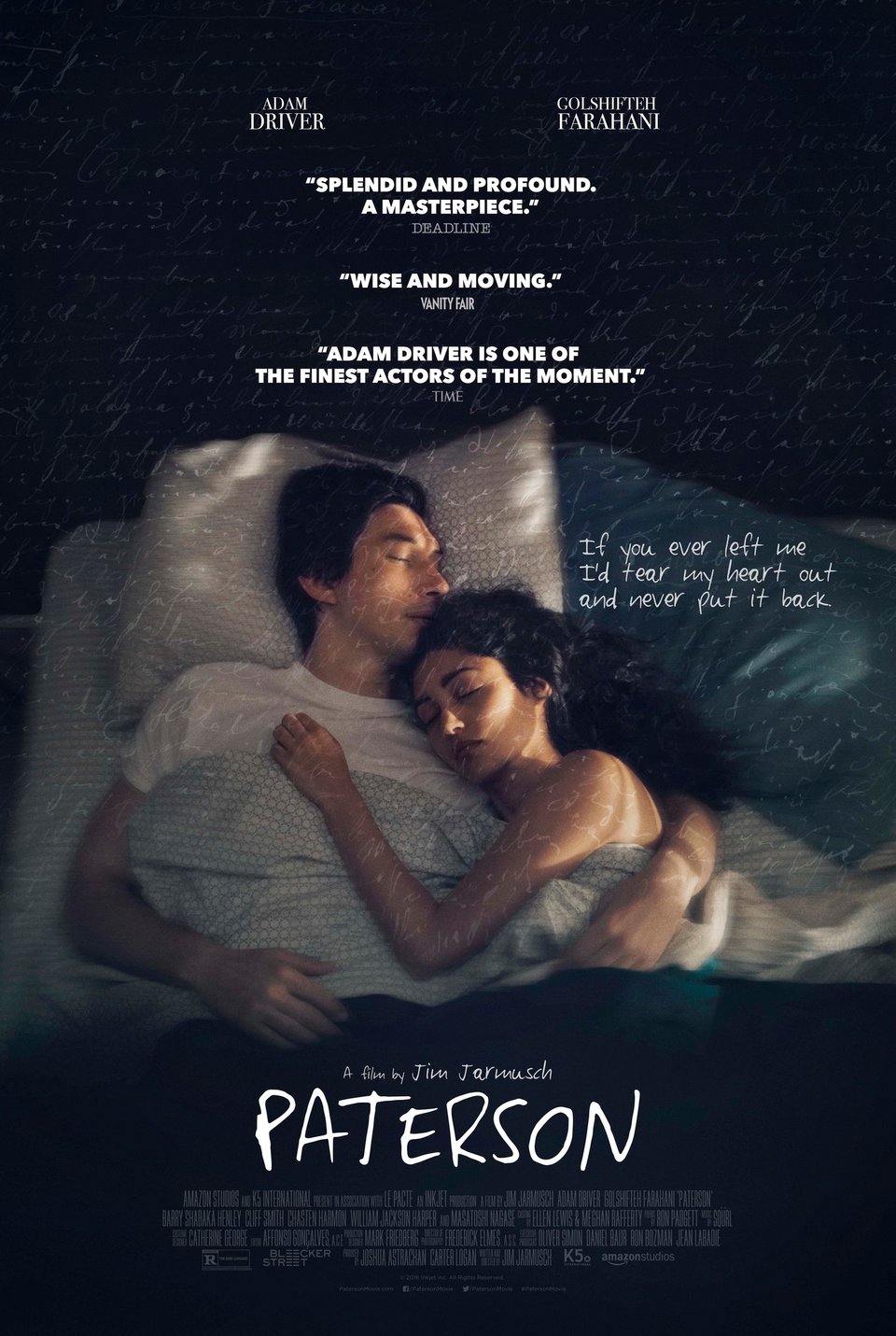Art and Labour, Part One: Cinema
2024-04-05

This week, I got round to watching the new Wim Wenders film, Perfect Days and it left me feeling thoroughly moved and inspired but conflicted at the same time. It is like there are two aspects of my character that don't always cohere and this film made the contrast between them feel more stark than they have felt for a while.
One of those sides is my inner Zen-head, the part of me that feels completely empty yet open at the same time. The part that can only exist in the here-and-now despite there being a little commentary going in my head about the story of my life. The other part is the socially engaged aspect of my character, the part that can't uncouple political and social context from the most benign aesthetic experiences.
Perfect Days is set in Japan and follows the daily routine of a Tokyo toilet cleaner, Hirayama (mesmerisingly played by Koji Yakusho who was rightfully awarded best actor at Cannes). Hirayama is a creature of habit. He begins his day with a typical routine that involves folding his mattress, brushing his teeth, trimming his moustache, watering his tree saplings and grabbing a canned coffee from a vending machine before heading out to work in his little van. While it later turns out that he has a flip/dumbphone, he eschews the internet and other forms of modern technology – choosing to listen to his collection of audio tapes or read books from his local second hand shop.
The film is visually brilliant, shot in a 4:3 academy ratio that perfectly captures the boxiness of Harayima's life – the little room where he sleeps, reads and listens to music; the poky bars and restaurants where he has his dinner and a drink; the small van where he listens to more music and takes in Tokyo while on his rounds; the landscape of Tokyo rendered with a distinct verticality in this format, emphasising the height of the urban towers and the trees in the park that Harayima likes to photograph with his (film) camera; and, of course, the toilet cubicles that he so lovingly and fastidiously cleans.
It's worth taking a second to ponder this last detail. No other film has featured as much toilet cleaning as this one. Through the attention of Wenders and his leading man, this routine becomes transfixing and meditative. There is a certain Zen-like satisfaction that accompanies immersion in any task, even the unpleasant ones. Anybody that has worked manual jobs can recognise this.
I want to repeat that I loved Perfect Days, it really affected me on an emotional and spiritual level. It is a beautiful film, one that I will no doubt subject to a number of repeat viewings. But, as befits the heads up I gave at the top of this essay, I was still conflicted.
One question we might ask is why Wenders decided to set his film in Japan rather than the place where he lives and works, Berlin? What would be different about a film following a (almost certainly migrant) toilet cleaner in a Western European or American city for that matter? Would we be able to hold up this idea of labour as a Zen-like state of immersion if we twiddled the dials of some of the elements of the cleaner's story? Or would this present an immersion-breaking element of the quotidian to the Western, middle class gaze that Perfect Days is so obviously created for?
There are a few elements of the story that make room for this kind of doubt (and now I'm afraid that we're heading into spoiler territory for the rest of Perfect Days so please delay finishing this essay or skip the next two paragraphs if you would like to see the film in the future).
There are very few moments of solidarity within the film, we only see two co-workers (one being a restless young man and the more disciplined young woman who eventually replaces him). After the young man quits, we witness some tension between Hirayama and his employers as he covers both shifts before the replacement arrives the next day. Hirayama lives and works in a Zenlike isolation, barely making verbal communication with his coworkers in the few moments when they are working together.
Then there is the big reveal near the end of the film where Hirayama is revealed to be from a wealthy background when his sister visits to collect his runaway niece after she has stayed with him for a couple of days. In this sense, he may be of the working class with regard to how he draws his monthly wage but he is separate from the class struggle with regard to his upbringing and culture. Whereas his forays into Faulkner could have been testament to a working class autodidact seeking to continue his personal education into later life, the reveal of Hirayama's background makes this more a case of the cultured and educated man pursuing the interests that his upbringing instilled in him. When his sister asks if it is true that he is toilet cleaner and he smiles and nods, the tension of the scene hinges on the idea of someone from a higher social bracket doing a job that is beneath him.
It should also be noted that The Tokyo Toilet, a project that builds and maintains the toilets that Hirayama cleans, is dedicated to making architecturally distinctive and beautiful toilets.

THE TOKYO TOILET
Public toilets in Shibuya like you've never seen. Toilets are a symbol of Japan's world-renowned hospitality culture. Public toilets will be redesigned in 17 locations throughout Shibuya with the help of 16 creators invited from around the world. We invite you to take a look at the uniqueness of each of these facilities.
They really are amazing, particularly the ones that are completely transparent until the moment they are locked (we even hear the delighted gasp of a British tourist when she discovers this). It should be noted that the toilets may be messy in terms of stray tufts of toilet paper but we never see any messes of a more scatological nature.
I get it! Nobody wants to pay current cinema ticket rates to watch a man scrubbing away at a stubborn skidmark. However this raises the question of who wants to watch a film about a man cleaning toilets? Those that have only had to clean their own (and sometimes, not even that).
My inlaws are from Manila, and when a gritty thriller called Metro Manila released, I watched it with my wife. We enjoyed it. But when we recommended it to her parents, they didn't like it at all. They didn't enjoy how the film portrayed the poverty of their country and city, they preferred the more entertaining and melodramatic cinema that was made by Filipino filmmakers (despite being in Tagalog, Metro Manila was made by Sean Ellis, a British filmmaker). Similarly, films made about poverty within India tend to be made by Western directors for Western audiences in contrast to the more escapist fare of Bollywood.
I bring this up because this is the position that cinema about labour, the necessary work that doesn't receive much acclaim bar the odd pandemic hand clap, finds itself dealing with. The people who spend their week working manual jobs tend not to want to spend their leisure time watching films about it. The alternative is to make serious issue driven films for liberal audiences, or escapist films about gritty living for the audiences that spend most of their lives in offices or working remotely in coffee shops.
One film that I felt never overcame this was Alfonso Cuarón's Roma. While there are some breathtaking scenes in which Cuarón's skill for staging set pieces is demonstrated (such as the view of a full scale riot on the street outside from the window of department store), the film always feels like it's seen through a middle class eye for the benefit of middle class audiences. This is most apparent in how the middle class characters are evoked through all their contradictory, neurotic complexity while the working class characters tend to fit two particular moulds: the submissive mute female workers and the the toxic masculinity and bravado of the male revolutionaries.

Some films still rise to the challenge in some ways. The cinema of Ken Loach has always felt like it includes a working class audience even if they tend to play at art house or independent cinemas for their middle class clientele.
Watching Perfect Days reminded me of one of Loach's American productions, Bread and Roses (2001) and how it centred on the struggles of black, Eastern European and Latino janitors in LA offices. While the film focuses more on the labour struggle behind the real Justice for Janitors campaign and lurches occasionally into melodrama, it also features some beautiful scenes when the protagonist, Maya, is guided into that necessary state of flow by her coworkers. In one particularly beautiful moment, Maya is taught by Ella, an older African American woman, how to slowly guide a vacuum across an office carpet like she's dancing "with your man". One of Loach's greatest strengths as a director is to how he trusts his actors and elicits naturalistic performances from them. I often think it's the quieter moments between characters that hit harder in conveying his message than the louder moments of conflict. The crowd scenes feel particularly inert when compared to Cuaron's previously mentioned riot scene.

Another film about low-paid, laborious work came out a few years after Bread and Roses, one I watched a few months after quitting my own manual job for a bumpy career in the arts. This was the 2005 adaptation of the Charles Bukowksi novel, Factotum, directed by Bent Hamer and starring Matt Dillon as Bukowski's fictional avatar, Henry Chinaski. The film follows the theme of labour as Bukowski's poems and novels did – as a necessary misery that paid for the bars, racetracks and the nights at the typewriter. While Bukowski spent many years working as a postman, something detailed in his breakout novel Post Office, Factotum sees him drifting through jobs with not much skill or commitment. Work, in this film, is a humiliation, something the unrecognised great writer has to slog through.
Jim Jarmusch's Paterson strikes a contrast to Factotum and Perfect Days in that the protagonist is a writer like Chinaski, but he also finds satisfaction in his work. The film also shares similarities with Perfect Days in the sense that Paterson (Adam Driver), eschews the digital world and finds satisfaction in the repetition of his daily life, part of which involves him penning poems in his spare moments.
(Again, skip the next paragraph to avoid spoilers for Perfect Days)
Unlike Dillon's Chinaski, Paterson doesn't see poetry as a means of future escape from his working life, it is a means of contemplation, of bringing more value to each satisfactory day spent driving a bus around the New Jersey city he shares a name with. Unlike Hirayama, Paterson isn't some kind of undercover wealthy man – photographs show he has a history of military service.
While Paterson is quiet and introverted, he isn't a loner, enjoying the company of his passengers on the bus or conversing with the barman and patrons of the bar he visits for a single beer while out walking his wife's bulldog. Unlike Bread and Roses, Paterson's job is well unionised and isn't as prone to exploitation as the cleaning jobs featured in Perfect Days and Bread and Roses are.

It might be that I have to watch more world cinema in order to find a film that manages to capture the immersive satisfaction of labour as Perfect Days does while at the same time recognising the difficulties and exploitation that accompany the labour as Bread and Roses does. As I mentioned earlier, people who work difficult, low paid jobs tend not to watch the same thing on the big screen when they get the opportunity. So, when such jobs are presented cinematically, it tends to be for the benefit of middle class liberal audiences, or presents human labour as a stoical meditation on existence.
I think it might just be the case that other art forms might be better suited for portraying both aspects of labour. In next week's essay, I will look at how labour is treated in poetry and a week after that I will look at how labour is portrayed in video games. The usual O'Sullivan trifecta then ...
But I don't want to end on such a sour note for cinema. We live in interesting times and have barely scratched the surface of the current possibilities for storytelling and the moving image. While the studio system might have to constantly ask, "Where is the audience for this?" there are ways to create and share beyond the budgets and strategies of the corporate machine.
One big development is that many workers now carry a movie camera in their pocket. There are also websites where you can upload long videos for free. While it costs a bit more to have access to a computer with some editing software, perhaps someone might be able to bring all of their disparate working experiences into some kind of compelling narrative?
Much like the Meat Poets who were enabled by the mimeograph revolution to push out thin volumes while the university presses turned their noses, I sometimes get the feeling that film might be on the verge of a similar moment.
Rather than wait for the usual auteurs to aestheticise their struggle, will there be a moment where a cleaner, caretaker, factory worker or street sweeper pulls out their phone, hits the record button and seizes the means of production?
Thanks for reading this!
It's been a busy week, so managing to get this essay out on a Friday was a minor miracle for me. Tomorrow I will once again sit in front of a camera and talk through these ideas when my wife takes the kids to their swimming lessons. It cannot be denied that these essays and videos have become part of a similar routine for me as those that I've written about above.
Are there any films that I might have missed out, especially those that plunge us into the immersion of work while remaining aware of the difficulties and exploitation that surrounds it? Am I right about this being something that film as a medium finds difficult to get right? I'd love to hear your thoughts. Comments are right where they normally are.
My weekly essays are given freely, there's no pressure to give back but if you'd like to, any of these would help:
Subscribe – A new subscriber always gives me a warm feeling. There's no better indication that you're creating something valuable than seeing your audience grow.
Spread the word – Much like the above, if you enjoyed this or anything else on Rusty Niall, please consider telling someone else about it.
Upgrade to a paid plan of your choosing – If you feel that my work is worth the price o a monthly cup of coffee and it's within your means, you can click the upgrade button and choose the monthly amount you'd like to pledge. It's completely up to you whether it buys a styrofoam cup of Mellow Birds from a burger van on a trading estate or a vodka martini from a Soho members bar. It's all good, it's all up to you and you are free to adjust or cancel whenever you wish.
Say hello! – Comments are always open, I'd love to hear what you think.
Don't miss what's next. Subscribe to Rusty Niall:
Add a comment: